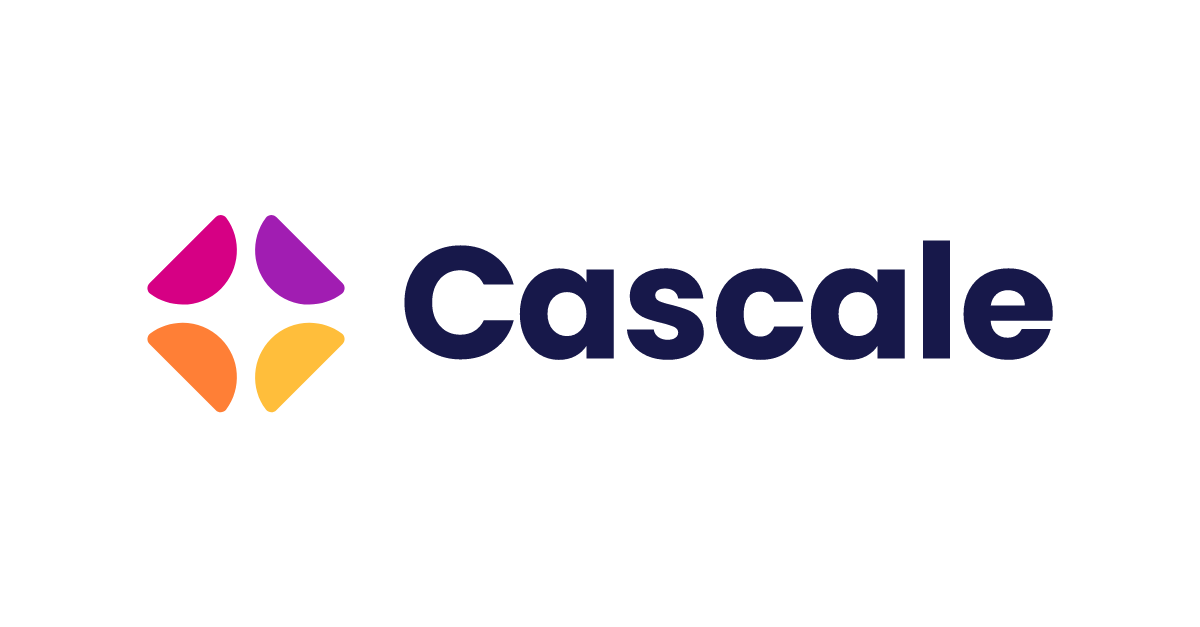Sustainable Apparel Coalition Joins Better Cotton Discussion on Carbon Finance

Joyce Tsoi, SAC’s Director of Collective Action Programs, participated in a conversation on “Making Carbon Finance Projects Work for Farmers” at the recent Better Cotton Conference. In addition to Tsoi, speakers included Maria Kjaer, Sustainable Livelihoods Manager for Better Cotton, Amelia Sidumo, Senior Regional Coordinator for Better Cotton, and Thomas Blackburn, Head of Business Development & Partnerships at SustainCERT.
At the conference, participants discussed the potential of carbon finance projects in the agricultural sector, with a specific focus on cotton production and how the industry can collaborate with farmers on successful projects.
Cotton producers face critical challenges related to climate change, including impacted germination and yield, deteriorating quality, and increased labor costs — to name a few. Because cotton farming communities can vary greatly in size and most reflect an extensive network of cooperatives, associations, and agribusinesses, organization of coordinated responses to these challenges can also be difficult.
However, collective action through data-backed solutions such as carbon financing can help build more resilient cotton farming communities and mitigate potential future damage to farming systems posed by extreme weather events such as droughts and floods.
To make these projects work, speakers explained, stakeholders must leverage expertise and data, as well as direct or indirect relationships with farming communities, to inform decision-making on purchasing and investments.
Speakers highlighted the need to move quickly on smart legislation, rather than delay in anticipation of a definitive data set. They also defined the need for traceability and verifiable data when setting climate mitigation targets and GHG accounting to meet regulatory compliance requirements, while acknowledging the complexity of communicating with consumers.
They discussed how the industry can collaborate on collective action with workers, such as developing insurance policies for climate adaptation, engaging the technology sector on improved mechanization for intercropping, improving conventional production, or supporting a just transition to organic and regenerative farming methods. Sharing costs for accessing and sharing data could involve roles for capital markets and governments.
Solutions raised included alternative irrigation systems, solar energy, and circular innovations to reduce carbon emissions, all of which have the potential to reduce overall costs, diversify incomes, and unlock access to premium markets. Finally, the speakers highlighted the potential impact on worker wellbeing, as well as ways that these projects could be designed to respect communities, such as trainings in local languages, technical capacity building, and including female workers.
The conference was well facilitated, with good Global South representation and room for diverse angles on solutions — such as analysis of whether and to what extent decreased production might be considered alongside climate adaptive practices. Speakers agreed that the need for primary data was paramount, and that traceability and impact measurement is critical in developing solutions. They were reminded to continually look outside of specific industries, learn from each other’s experiences, and share progress collectively to inspire others to take action.

